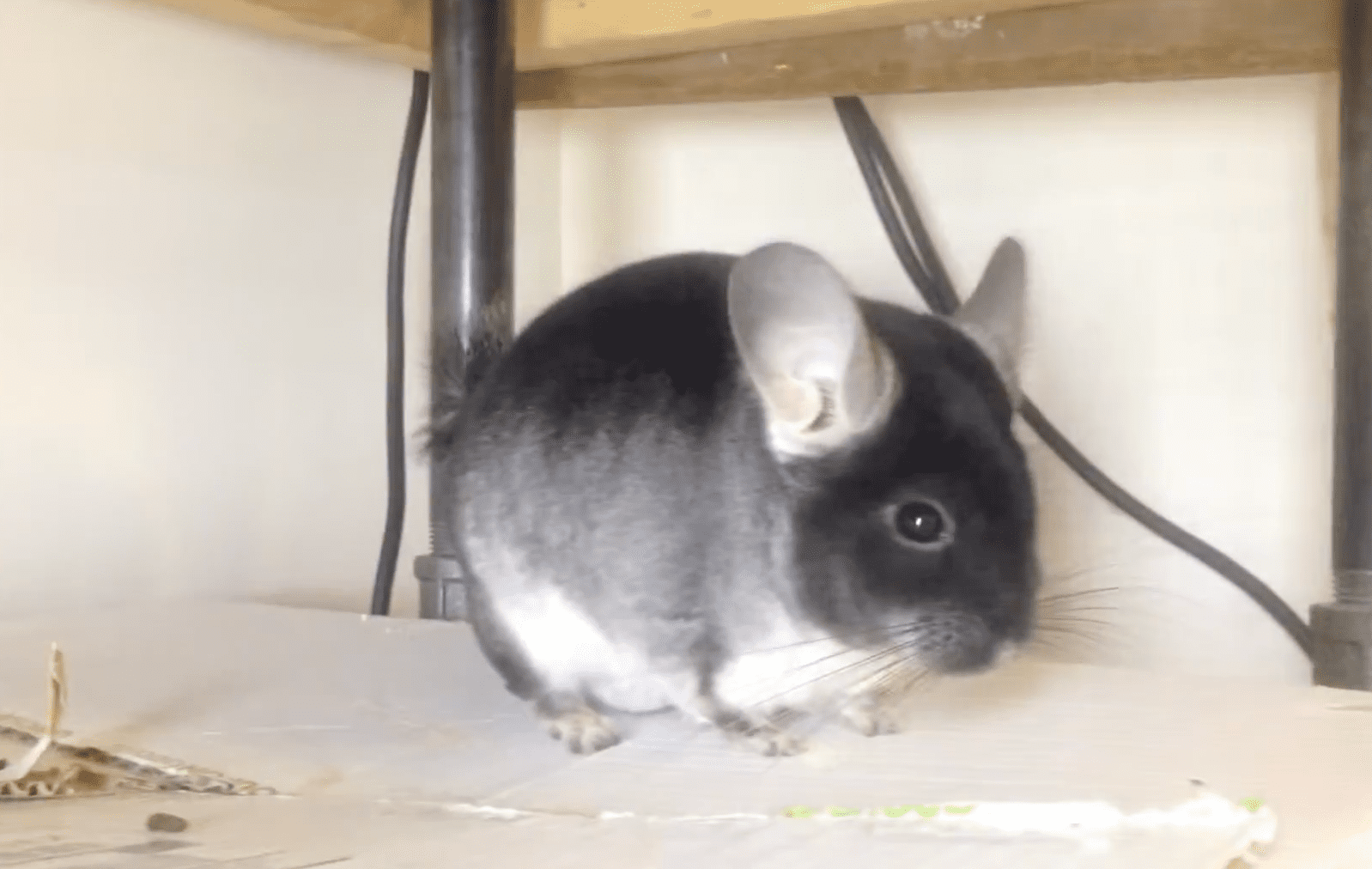Chinchillas are small, furry animals that are known for their playful and active nature. However, if you notice your chinchilla shaking or trembling, it may be a cause for concern. In this article, we will explore some of the common reasons why chinchillas shake and what you can do to help your furry friend.
Here are a few reasons why your chinchilla might be shaky:
Stress and Anxiety
Stress and anxiety are common causes of shaking in chinchillas. These feelings can be caused by a variety of factors, including changes in their environment, the presence of unfamiliar animals or people, or even a lack of socialization. If you notice your chinchilla shaking or trembling, it is important to try to identify the source of their stress and take steps to address it.
Illness or Injury
Illness or injury can also cause shaking in chinchillas. For example, a chinchilla that is suffering from a respiratory infection or other illness may shake or tremble as a symptom of its condition. Similarly, a chinchilla that has been injured may shake or tremble as a result of pain or discomfort. If you suspect your chinchilla is ill or injured, it is important to take them to a veterinarian as soon as possible.
Cold Temperature
Chinchillas are sensitive to cold temperatures, and if they become too cold, they may shake or tremble in an attempt to warm up. If you notice your chinchilla shaking and you suspect it may be too cold, try to warm up the room or space where they are located, or provide them with a warm blanket or another form of insulation.
Shaking in chinchillas can be caused by a variety of factors, including stress and anxiety, illness or injury, cold temperatures, and nutritional deficiencies. If you notice your chinchilla shaking, it is important to try to identify the cause and take appropriate steps to address the issue. If you are ever unsure of the cause, please consult with a veterinarian or professional chinchilla breeder for guidance.
How can I make Chinchillas less scared?
Chinchillas can shake in fear just like we do. That’s because they have the same response to a threat that we do: the fight or flight response. The chinchilla’s brain structure is much the same as ours. The important part of the brain here is the amygdala, which is a part of the midbrain and is responsible for both emotion and behavior.
If your chinchilla is shaking when you handle it, it may be afraid of you or other people. You are much bigger than your chinchilla, and since chinchillas aren’t domesticated, it thinks you could be a predator. Shaking occurs because of adrenaline, which makes the nerves that control the muscles more sensitive. Other causes include illness, cold, and rarely, seizures.
In most cases, if your chinchilla is shaking due to illness, your chinchilla will also be lethargic and act strangely in other ways. You may also notice a lack of appetite and your chin not drinking as much water as usual. In chinchillas or any exotic pet, this is referred to as a “nonspecified illness.” In plain English, it could mean anything from an infection to organ failure.
If you suspect that your chinchilla is sick or injured, you should take it to a vet as soon as possible. Chinchillas are very good at hiding their pain and discomfort, so by the time you notice something is wrong, it may be too late.
